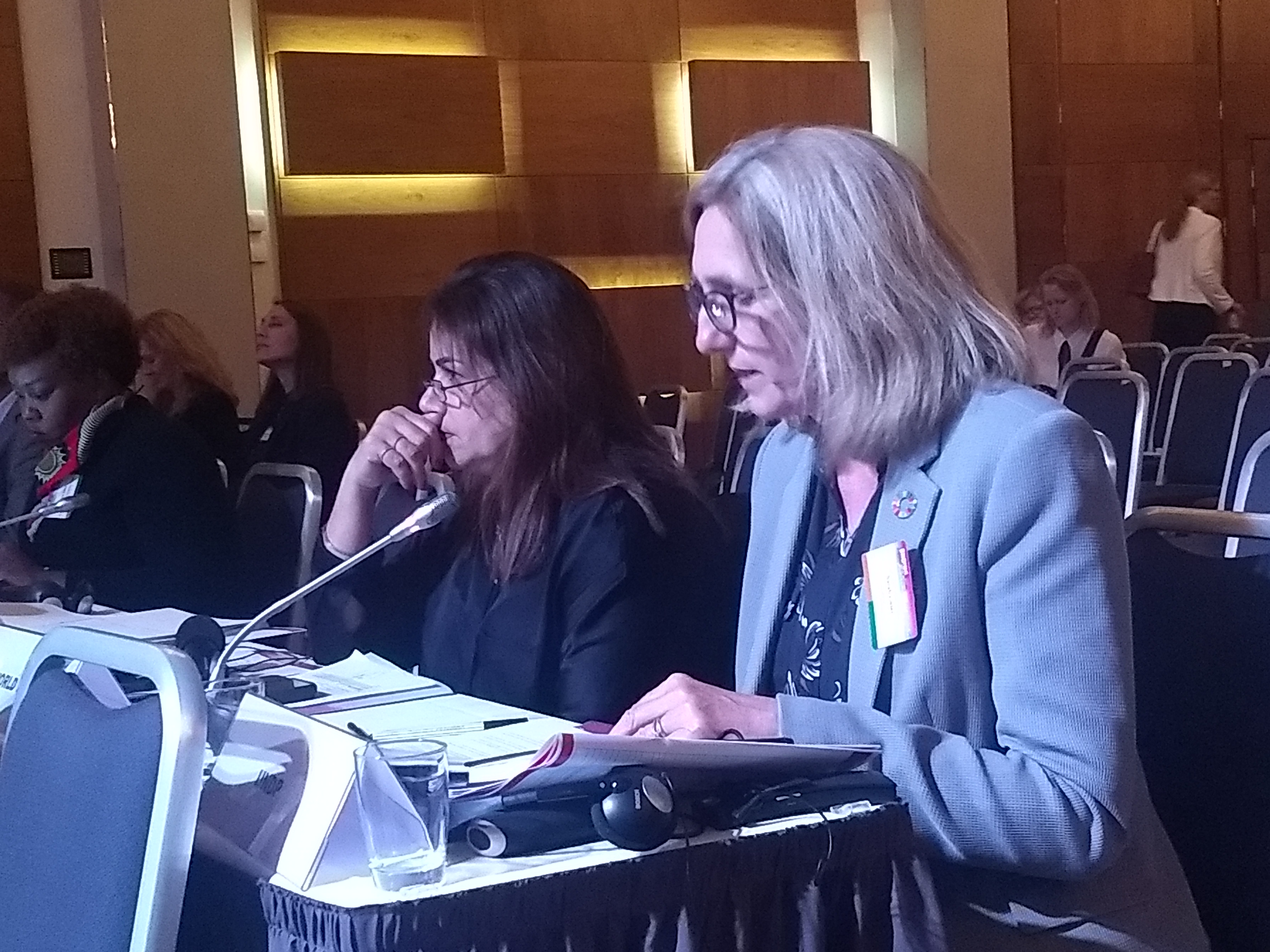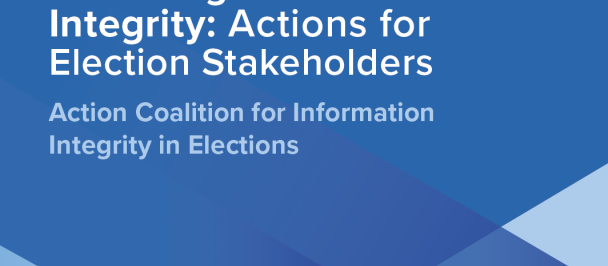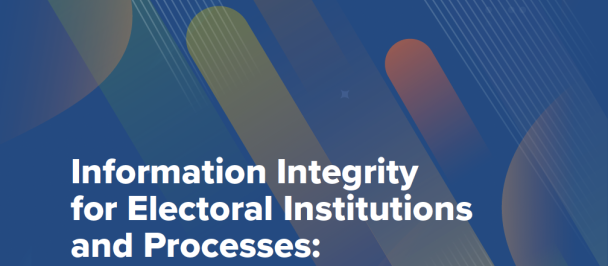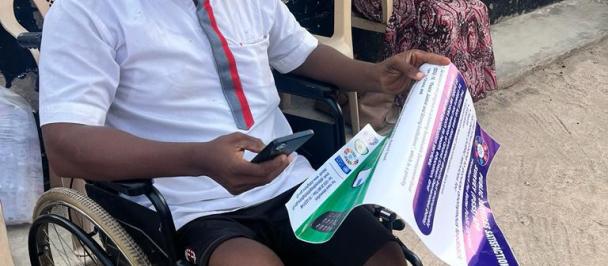--- Image caption ---
International Conference on Ending Sexual and Gender-based Violence in Humanitarian Crises
Oslo, 24 May 2019
UNDP’s Statement of Commitment
High-level round table 2: Closing the gap: political and financial commitments to end SGBV in humanitarian crises
Excellencies, Ladies and Gentlemen,
Agenda 2030 for Sustainable Development gives us all an opportunity to change direction and address the structural vulnerabilities, constraints and discrimination faced by survivors and groups vulnerable to SGBV.
UNDP reaffirms its contribution to ending SGBV experienced by internally displaced persons and refugees, particularly women, persons with disabilities as well as girls and boys under 18 years who are more at risk.
In line with the commitments UNDP made at the 2016 World Humanitarian Summit, we further recommit to:
1. Allocate at least 15% of all our funding in humanitarian crisis and peacebuilding contexts, to address women’s specific needs (including to prevent and respond to SGBV), advance gender equality and/or empower women and girls;
2. Ensure that women and girls, including SGBV survivors, receive between 40% and 60% of the benefits of our employment generation and early recovery programmes in at least 15 countries.
3. Implement a coordinated global approach to prevent and respond to SGBV in crisis contexts, including through the Call to Action on Protection from Gender-Based Violence in Emergencies.
4. Empower women and girls as change agents and leaders, including by increasing support for local women’s groups to participate meaningfully in humanitarian action.
In addition, UNDP commits to:
1. Place the affected populations always at the center of our assistance and to ensuring that all aspects of SGBV programming are survivor-centered to prevent them from being left behind;
2. Provide transformative rule of law, security and human rights interventions to respond to the needs of SGBV survivors among affected populations in at least 5 humanitarian crises contexts.
3. Step up our engagement with humanitarian actors and prioritize SGBV throughout the Humanitarian-Development-Peace nexus, to appropriately address both immediate needs of survivors and create opportunities for long-term development.

 Locations
Locations



